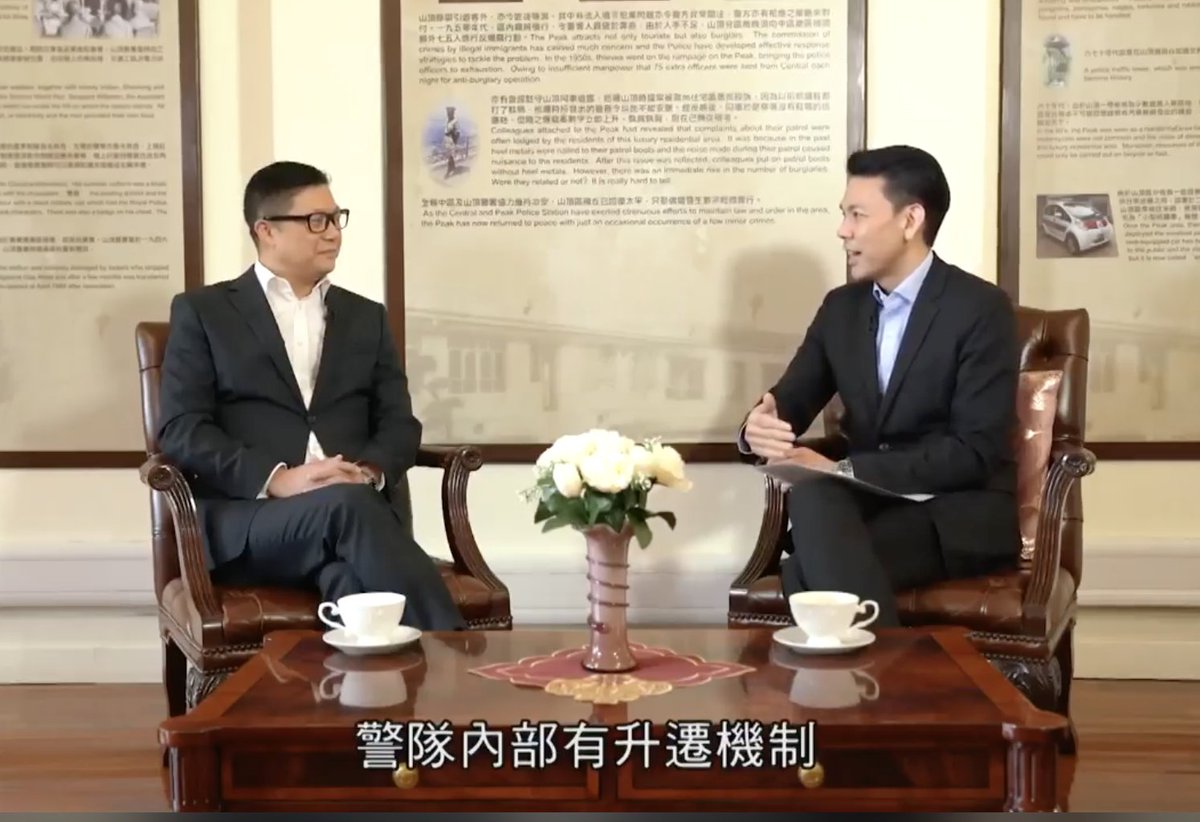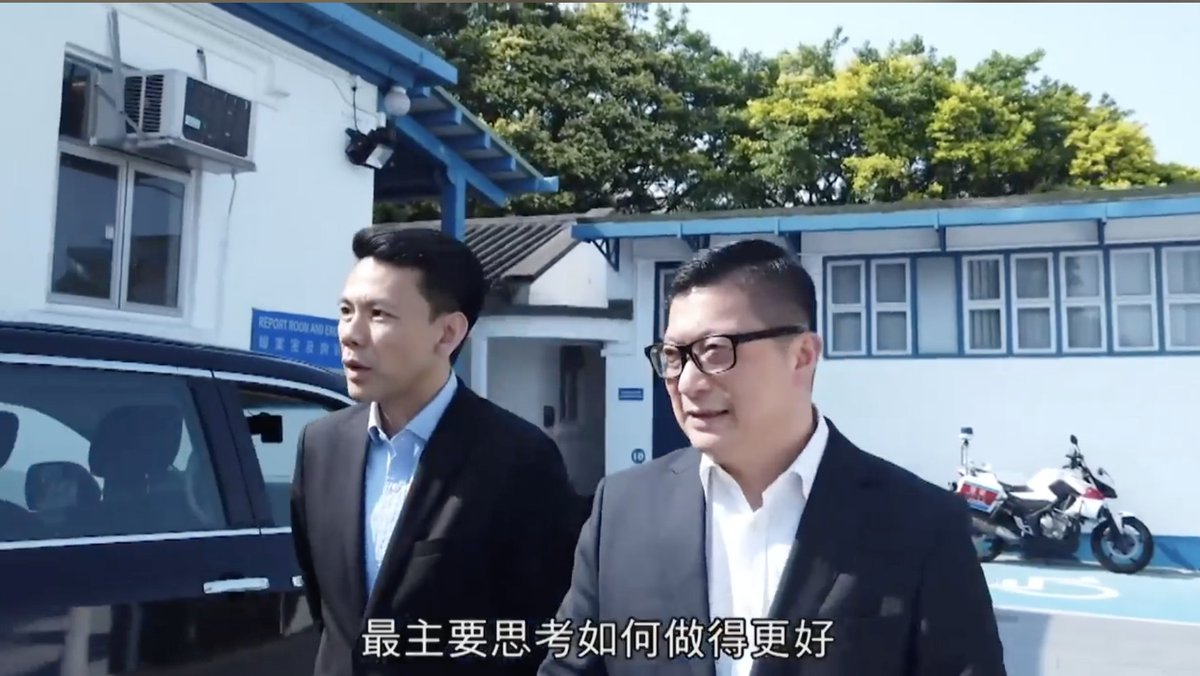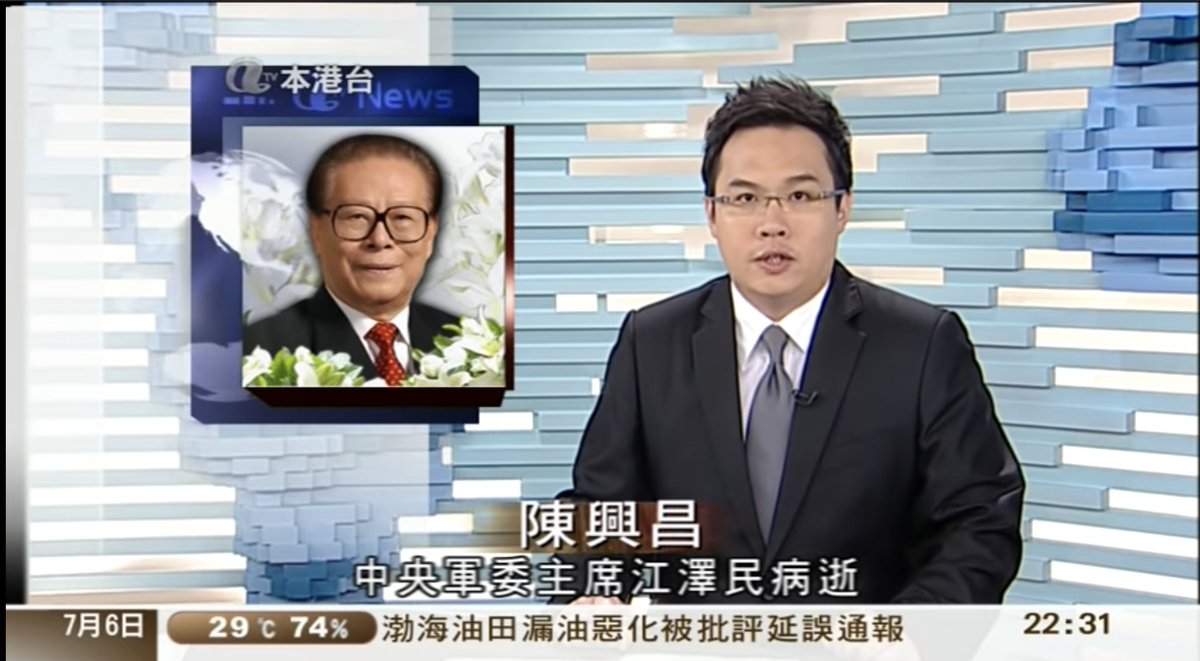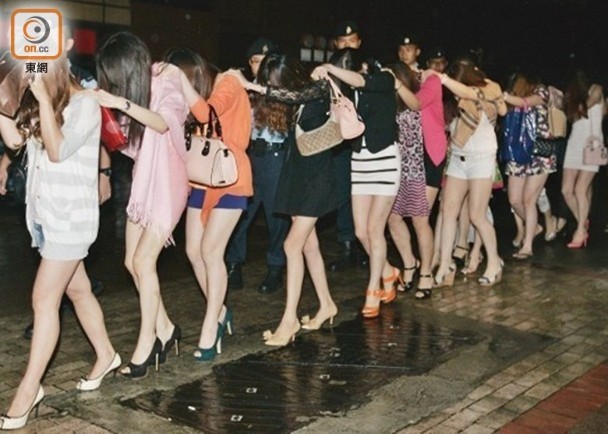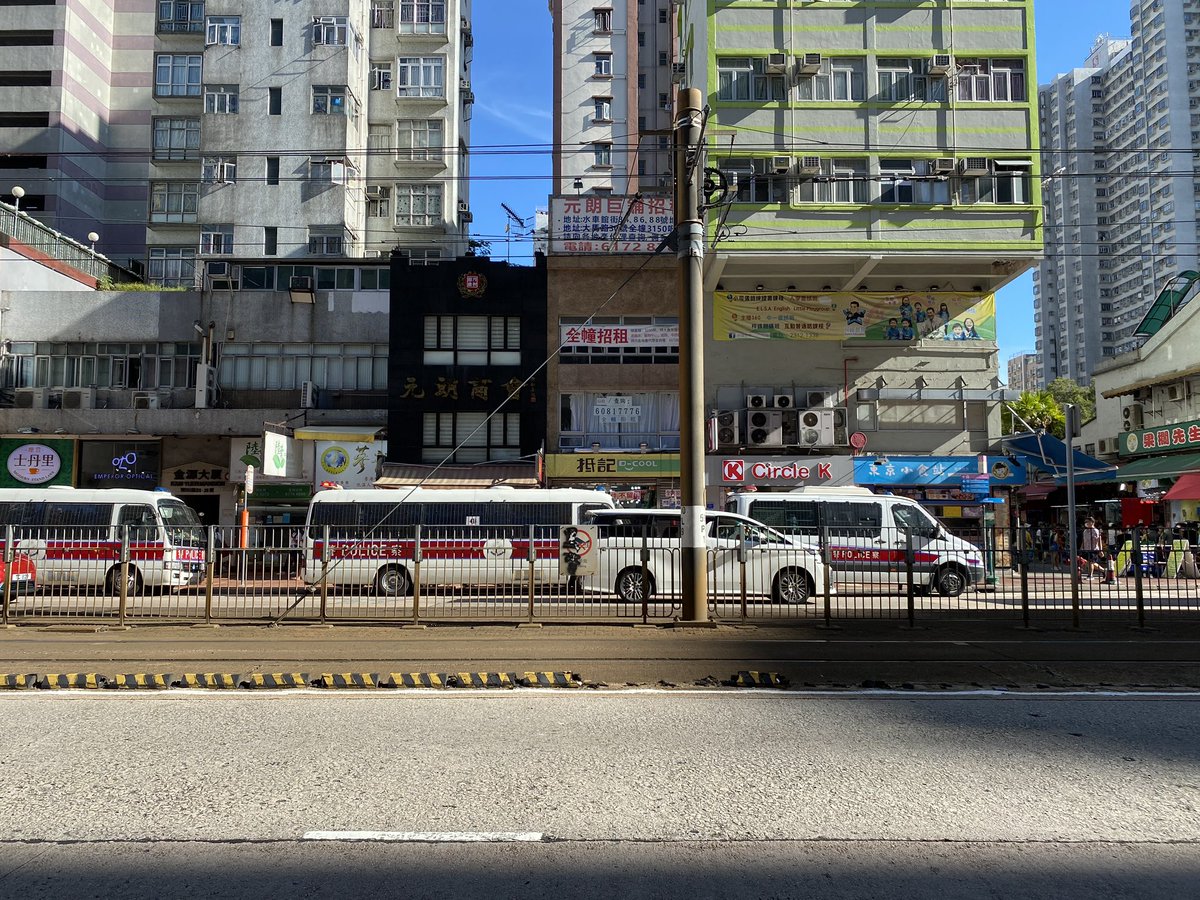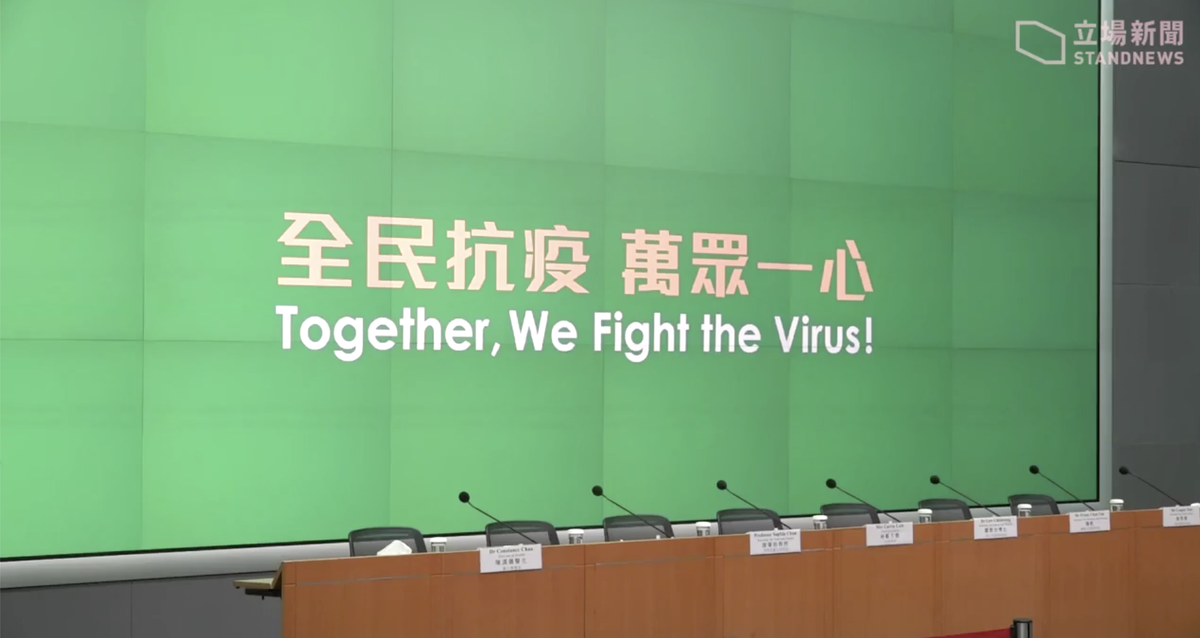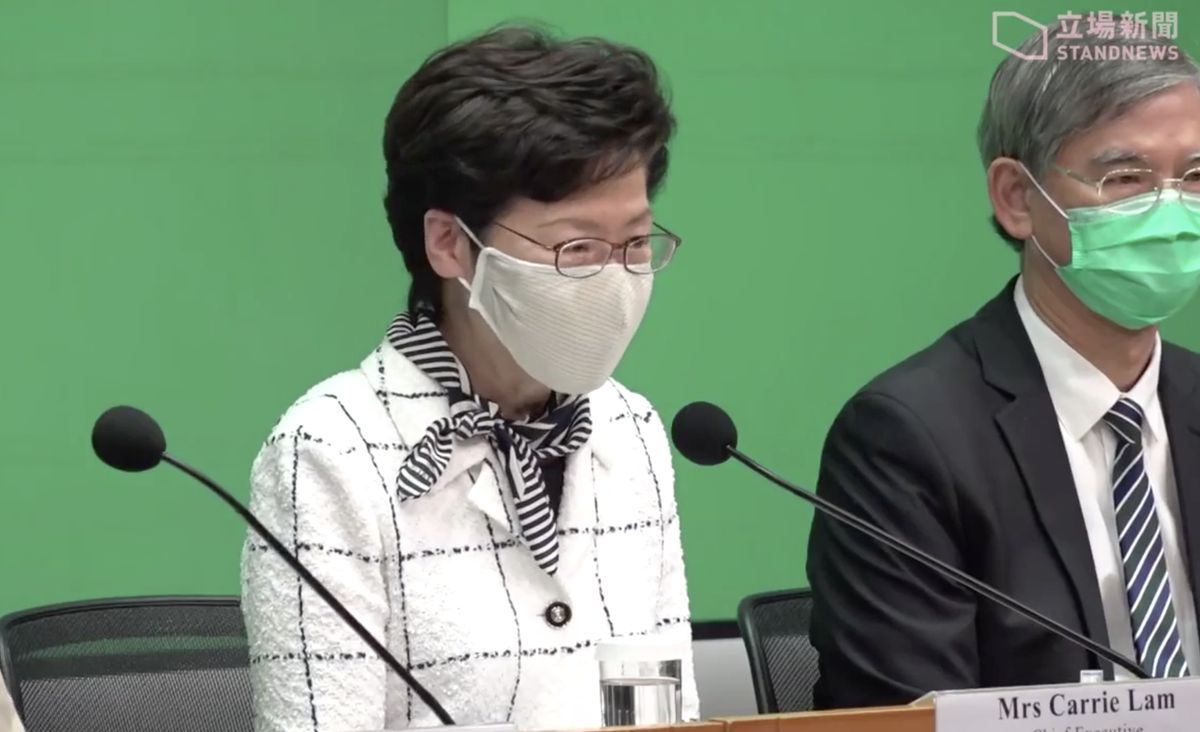At 0:50 Tang said he realised the pressure was beyond what he expected. Lee's follow up question: Is the pressure more than you had expected?
facebook.com/watch/?v=88221…
"The authorities no longer allow anyone that thinks critically, has opinions and experience to hold a position of power in the newsroom," says Allan Au.

